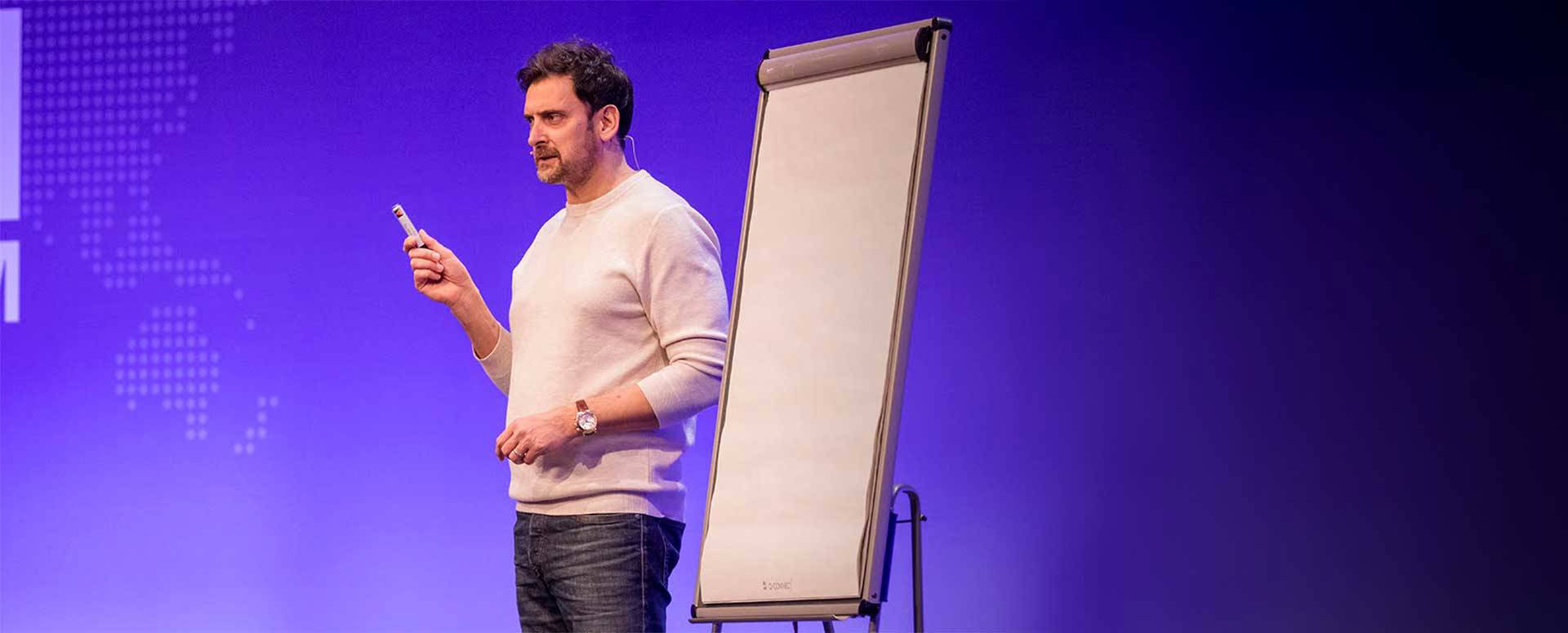
Jamil Qureshi
Performance Coach, Psychologist & Author
Jamil Qureshi
Performance Coach, Psychologist & Author
Biography
Jamil Qureshi is one of today's foremost practitioners of performance enhancing psychology and is an expert in high performing teams. Jamil has enjoyed working with a rich diversity of the most talented business and sports people and teams in the world, helping six individuals get to World Number 1.
In 2006, he was appointed as the first-ever official psychologist to work with the European Ryder Cup team by captain Ian Woosnam. They made history in winning by a record-equalling margin.
Jamil has worked with 22 golfers inside the top 50 in the world, including Lee Westwood, Paul McGinley, Graeme McDowell, Darren Clarke, Paul Casey, Thomas Bjorn, Sergio Garcia and two world number one’s.
Ranked among the most influential figures in British sport in 2009, Jamil was voted in the top 100 most powerful men in golf 2008 by his international peers.
He has worked successfully with three English Premiership football clubs, one of which reaching a record position from its halfway point in the season.
Two Formula 1 racing drivers, David Coulthard and Eddie Irvine and the 2009 England Ashes winning cricketers.
In business and industry Jamil has worked from CEO and board level to middle management in a variety of sectors.
He has worked with business leaders and companies in over 24 different countries, helping teams to fulfil their potential by orchestrating change and performance programmes.
He has developed and delivered management and leadership programmes at board level for Coca Cola, Hewlett Packard, Emirates Airlines, Serco, Marks and Spencer, and Royal Bank of Scotland. He has worked across Lloyds Banking Group on their ‘Journey to World Class’.
He has led teams responsible for change management in several high-profile areas, such as Lloyds Banking Group’s substantial integration strategy, and with The Post Office to create The Post Office Way as they separated from Royal Mail.
Jamil is also a world recognized speaker on all aspects of the psychology of performance, psychology of leadership, leadership attitudes, improving people, cultural change techniques, and team performance.
Interestingly, he is one of only a few external psychologists ever to be allowed to study astronauts on the 2008 NASA Space Programme.
Jamil has talked to an audience that included two former US presidents at the K Club in Ireland!
Jamil’s versatility is illustrated by the fact he has talked at NASDAQ in Times Square where he shared a stage with General Peter Pace, Head of Joint Chief of Staff, the highest-ranking military officer in the US armed forces, and next day did stand up in front of a celebrity audience at the Groucho Club!
Jamil use to be a regular at London’s prestigious Comedy Store and spent two years working with TV’s award-winning mind reader, Derren Brown!
Speech Topics
Turning Ambition into Achievement
To do differently, we have to think differently. We all want to be better, but how do we turn our thoughts into powerful drivers of relevant and meaningful actions?
Blame Looks Backwards, Responsibility Looks Forwards
How to create genuine ownership within our teams – the real difference between commitment and compliance.
Engagement: Rhetoric or Reality
Understanding the true motivators in the workplace, and how we need to change our view of what we believe an organization is.
Response-ability
Why the key ingredient of success is choice? How to enable people to ‘choose’ their way to more and greater success.
Complexity & Uncertainty, So What?
How to achieve focus and purpose to cut through circumstance. There are no obstructions – just distractions.
The Disruptive Leader!
The only way for leaders to optimize people’s talents is by breaking thinking habits.
Sustainable Relationships
Companies no longer compete against companies; networks compete against networks – we are only as strong as our ability to form meaningful relationships.
The Rogue Monkey
Creativity is something we unlearn! How can we learn it back and see innovation as an asset!

)
)
)
)